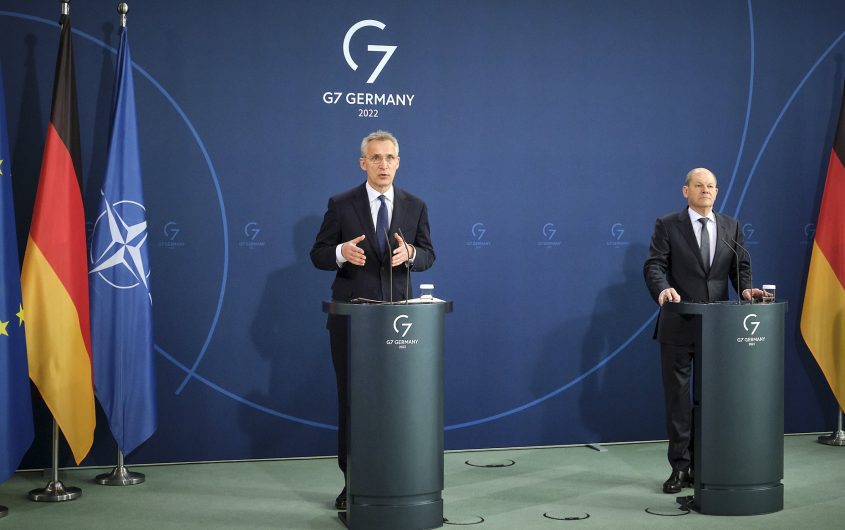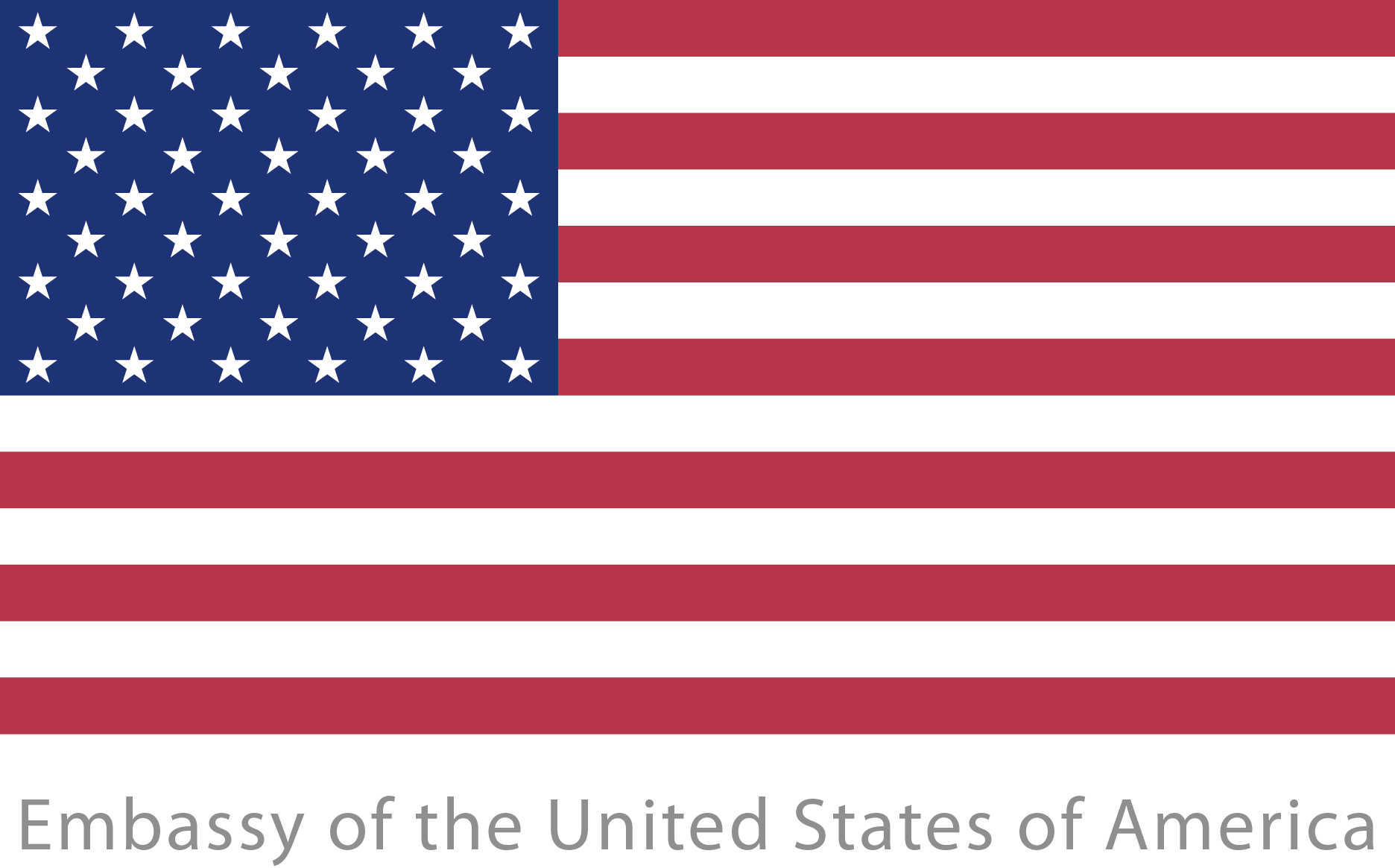
NATO via Flickr
Transatlantic Security Strategies
Germany, Europe, and the United States
with
Heather Conley, President, The German Marshall Fund of the United States
Dr. Daniel Fiott, Security and Defence Editor, EU Institute for Security Studies (EUISS)
Justyna Gotkowska, Coordinator, Regional Security Programme, Centre for Eastern Studies (OSW)
Amb. Christoph Heusgen, Chairman, Munich Security Conference
Moderator: Jeff Rathke, President, AGI
On February 27, German Chancellor Olaf Scholz announced a Zeitenwende—a Sea Change in German security and defense policy—in response to Russia’s aggression against Ukraine. The threats to thirty years of European order underscore the importance of the strategic adaptation of the transatlantic community. This year, NATO will adopt a new Strategic Concept, and the European Union has approved its Strategic Compass. In the United States, the Biden administration will release its new strategic documents. Germany’s governing coalition has launched the process to develop a National Security Strategy, as promised in the coalition agreement.
At this crucial moment, AGI will convene a webinar to assess Germany’s view of its role in European security and the expectations from the European and transatlantic partners for Germany’s more robust defense policy. Where will Berlin place its national priorities? How do the NATO and EU strategies interact? How should Germany’s leadership role evolve?
This webinar will convene via Zoom. Please contact Ms. Elizabeth Hotary at ehotary@aicgs.org with any questions.
Heather A. Conley is the sixth president of the German Marshall Fund. Before joining GMF, she was senior vice president for Europe, Eurasia, and the Arctic and director of the Europe, Russia, and Eurasia Program at the Center for Strategic and International Studies. Prior to joining CSIS as a senior fellow and director for Europe in 2009, Conley served four years as executive director of the Office of the Chairman of the Board at the American National Red Cross. From 2001 to 2005, she was deputy assistant secretary of state in the Bureau of European and Eurasian Affairs with responsibilities for U.S. bilateral relations with the countries of Northern and Central Europe. From 1994 to 2001, she was a senior associate with an international consulting firm led by former U.S. deputy secretary of state Richard L. Armitage. Ms. Conley began her career in the Bureau of Political-Military Affairs at the U.S. Department of State. She was selected to serve as special assistant to the coordinator of U.S. assistance to the newly independent states of the former Soviet Union, and she has received two State Department Meritorious Honor Awards. Ms. Conley is frequently featured as a foreign policy analyst and Europe expert on CNN, MSNBC, BBC, NPR, and PBS, among other prominent media outlets. She received her B.A. in international studies from West Virginia Wesleyan College and her M.A. in international relations from the Johns Hopkins University School of Advanced International Studies (SAIS).
Daniel Fiott is Security and Defence Editor at the EU Institute for Security Studies (EUISS), a position he has held since late 2016. At the EUISS, Daniel analyses European security and defence policy, CSDP operations and defence capability and industrial issues. He is the Institute’s representative to the Executive Academic Board of the European Security and Defence College (ESDC) and Daniel is the author of the EUISS’ annual publication, the Yearbook of European Security. Daniel was educated at the University of Cambridge and he holds a PhD from the Free University of Brussels (VUB).
Justyna Gotkowska is coordinator of the “Regional Security Programme” in the Warsaw-based Centre for Eastern Studies (OSW), where she has worked since 2008. In her work she focuses on regional and European security and defence issues with focus on Northern and Central Europe. At OSW she has been following security and defence policy and armed forces’ development in Germany, in the Nordic and in the Baltic states. In recent years she has also been writing about NATO’s defence and deterrence posture on the Eastern flank and focused on the development of the EU’s defence initiatives from Central European perspective. She has conducted projects on bi- and multilateral military cooperation in Central Europe, on security and defence cooperation between Poland and Germany, on Polish-Baltic military cooperation and on implications of CSDP development for Polish security policy among others. Ms. Gotkowska is author of multiple publications and security policy commentator for Polish and foreign media.
Ambassador Christoph Heusgen has been Chairman of the Munich Security Conference (MSC) since 2022. He teaches Political Science at the University of Saint Gallen. Christoph Heusgen was Permanent Representative of Germany to the United Nations between 2017 and 2021. Prior to this appointment and since 2005, Heusgen was the Foreign Policy and Security Adviser to Federal Chancellor Angela Merkel. He served as Director of the Policy Unit for High Representative Javier Solana in the General Secretariat of the Council of the European Union from 1999 to 2005. Between 1988 and 1999, Heusgen served in various capacities at the Foreign Office in Bonn, including Deputy Director-General for European Affairs from 1997 to 1999. Heusgen is a graduate of the University of Saint Gallen in Switzerland, studied at Georgia Southern College in the United States, and at the Sorbonne in Paris.
This webinar is supported by the United States diplomatic mission in Germany.







